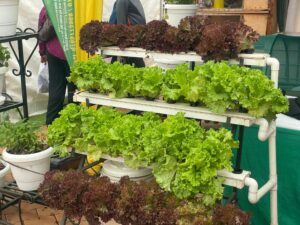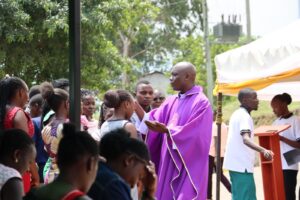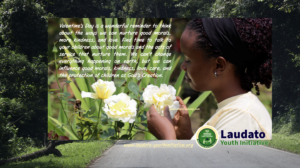Recent catastrophic events in Uganda have underscored the urgent reality of climate change and its devastating impact on communities. A severe thunderstorm in Kalangala District has wreaked havoc, leading to the collapse of the Central Police Station, destruction of over 300 homes, and tragically claiming the lives of people. This disaster has drawn attention to the increasing frequency and intensity of extreme weather conditions attributed to climate change, raising concerns about safety and preparedness across the nation as we approach the wet season in April.
The Uganda Red Cross Society has reported that among the deceased are Hassan Waswa, a barber, Geoffrey Sekiwere, a porter, and a police officer whose identity remains unspecified. In addition, 13 people have sustained injuries and are receiving treatment at Kalangala Health Centre IV (Monitor, 2025). The Uganda Red Cross has mobilized response teams to assess the situation and provide aid, coordinating with the Office of the Prime Minister to facilitate necessary support (Nile Post, 2025).
 Experts have long warned that Uganda is particularly vulnerable to the effects of climate change. According to a report by the World Bank, climate change is expected to exacerbate the already severe weather patterns in East Africa, increasing the likelihood of extreme rainfall and flooding (World Bank, 2021). This places communities at risk, particularly those living in areas prone to natural disasters, such as Kalangala, Kasese, Bududa and many others.
Experts have long warned that Uganda is particularly vulnerable to the effects of climate change. According to a report by the World Bank, climate change is expected to exacerbate the already severe weather patterns in East Africa, increasing the likelihood of extreme rainfall and flooding (World Bank, 2021). This places communities at risk, particularly those living in areas prone to natural disasters, such as Kalangala, Kasese, Bududa and many others.
Furthermore, a study published in the journal “Environmental Research Letters” highlights that developing countries like Uganda face significant challenges in adapting to climate change due to limited resources and infrastructure (Brown et al., 2020). This lack of preparedness can lead to increased loss of life and property during such disasters. We need to take individual responsibility and heed to the message of climate response and action in our homes and communities. It’s clear that our societies still have climate change deniers but it’s high time we assimilated the truth and listen to the government and other stake holders advises on climate change.
As climate change continues to accelerate, the need for effective disaster preparedness and response strategies becomes increasingly critical. This event in Kalangala should serve as a stark reminder that no one is safe from the impacts of climate change, and urgent action is needed to protect our families and vulnerable communities throughout Uganda. This safety and action begin with me and you.
As you know the rapid pace of climate change poses a significant threat to public safety in Uganda and elsewhere in the world. With extreme weather events becoming more common, it is essential for both the government, local organizations and individuals to invest in disaster preparedness and infrastructure improvements to safeguard lives and property in the face of an uncertain climate future.
[masterslider id=”1″]
These events sadden us we pray for those who have lost their lives and property. Those who have mo where to put a head that they may find confort in God and the generous hearts of neighbors for all the help they may need.
References:
– Monitor. (2023). Policeman among three killed as cyclone wreaks havoc in Kalangala. Retrieved from Monitor (https://www.monitor.co.ug/uganda/news/national/policeman-among-three-killed-as-cyclone-wreaks-havoc-in-kalangala-4965908#)
– Nile Post. (2023). Several feared dead as cyclone ravages Kalangala. Retrieved from Nile Post (https://nilepost.co.ug/news/247992/several-feared-dead-as-cyclone-ravages-kalangala?amp=1)
– World Bank. (2021). Climate Change in Uganda: The Impacts and the Way Forward. Retrieved from World Bank (https://www.worldbank.org/en/country/uganda/publication/climate-change-in-uganda-the-impacts-and-the-way-forward)
– Brown, C., et al. (2020). Climate Change Adaptation in Developing Countries: Challenges and Opportunities. Environmental Research Letters. Retrieved from Iopscience (https://iopscience.iop.org/article/10.1088/1748-9326/ab9fcd)
By Laudato Voices for Nature!














